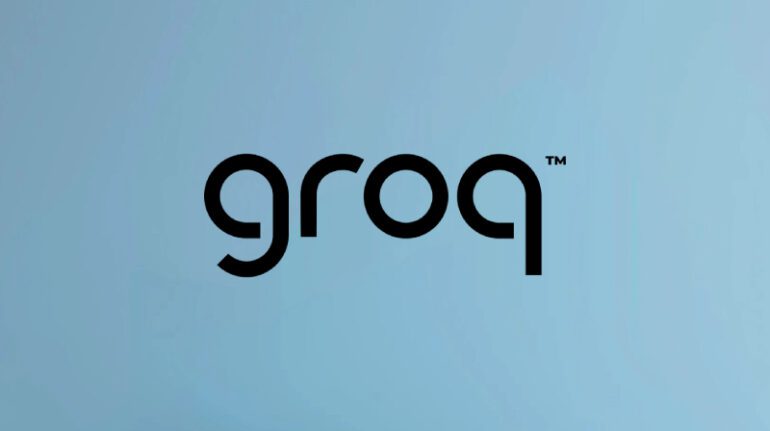- Groq introduces lightning-fast query capabilities and tasks using leading Large Language Models (LLMs) on its platform.
- Users can input queries via typing or voice commands, benefiting from processing speeds surpassing traditional GPUs.
- Platform defaults to Meta’s Llama3-8b-8192 LLM, with options for larger models like Llama3-70b, Gemma, and Mistral.
- CEO Jonathan Ross anticipates widespread adoption among developers and non-developers.
- Demonstrations showcase capabilities such as real-time content adjustments and rapid generation of diverse tasks.
- Groq’s specialized LPU enhances efficiency for inference tasks, attracting over 282,000 developers.
- CEO emphasizes enterprise focus, positioning Groq to challenge GPU dominance in AI computing.
Main AI News:
Groq, renowned for its high-performance Language Processing Unit (LPU), has unveiled lightning-fast query capabilities and other tasks using leading Large Language Models (LLMs) on its platform. Users can now effortlessly input queries via typing or voice commands, benefiting from unprecedented processing speeds that surpass traditional GPU capabilities from competitors like Nvidia.
Groq’s platform defaults to Meta’s open-source Llama3-8b-8192 LLM, with options to access larger models such as Llama3-70b, Gemma, and Mistral, and promises forthcoming support for additional models. This enhancement underscores the versatility and rapid response times of LLM-driven chatbots, appealing broadly to both developers and non-developers alike.
CEO Jonathan Ross anticipates widespread adoption as users discover the ease and efficiency of utilizing LLMs through Groq’s accelerated engine. Demonstrations highlight the platform’s capability to perform diverse tasks instantly, from generating job postings to real-time content adjustments.
During a recent demo, Groq’s engine provided immediate feedback on a forthcoming generative AI event’s agenda, suggesting improvements such as enhanced categorization and detailed session descriptions. It swiftly responded to requests for a more diverse speaker lineup by generating a formatted table of speakers and their affiliations.
Another demonstration involved creating a comprehensive schedule for upcoming speaking sessions, with Groq not only generating tables but also facilitating quick edits and translations into multiple languages. While encountering minor glitches during corrections, attributed to LLM-level challenges rather than processing constraints, these instances underscore the immense potential of high-speed LLM operations.
Groq’s efficiency in AI tasks stems from its specialized LPU, optimized for inference tasks that demand low latency and energy efficiency, distinguishing it from GPU-centric compute solutions. Offering its services at no cost for LLM workloads has already attracted a substantial developer base of over 282,000, facilitated by a user-friendly console enabling seamless transition from OpenAI applications to Groq.
Ahead of his keynote at VB Transform, CEO Jonathan Ross emphasized Groq’s commitment to enhancing enterprise AI capabilities. With large corporations increasingly adopting AI-driven applications, Groq’s technology, renowned for its energy efficiency compared to GPUs, stands poised to dominate the inference computing landscape. Ross projects that within the next year, a significant share of global inference computing will run on Groq’s cutting-edge chips.
Groq’s platform supports both typed and spoken queries, leveraging OpenAI’s Whisper Large V3 model to convert voice inputs into text prompts for LLM processing. These advancements promise a transformative user experience, positioning Groq at the forefront of AI computing innovation.
Conclusion:
This advancement positions Groq as a formidable contender in the AI computing market, offering unparalleled speed and efficiency in LLM-driven tasks. By emphasizing energy efficiency and rapid processing capabilities tailored for inference tasks, Groq not only addresses current market demands but also sets a precedent for the future of AI computing infrastructure. As large enterprises increasingly adopt AI applications requiring low latency and high performance, Groq’s technology stands poised to significantly disrupt the GPU-dominated landscape, potentially capturing a substantial share of the global inference computing market.

